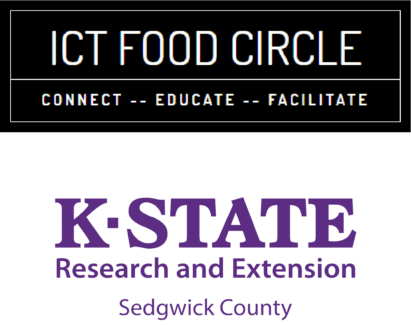Known as the kings and queens of self-branding, millennials are often seen as entwined with the evolution of the digital era. However, a very large number of them are hacking at a different calling, one that is moving them away from the comforts of their plugged-in lives to a life connected to the land. Young farmers today are not only college educated but they also care deeply about the environment and the impact that their lifestyle has on it (healthline.com 2015).
In our desensitized culture, millennials crave experiences that engage all of their senses (theatlantic.com 2015). However, being rooted in a culture that allows them to control the look and feel of their web profile but not know where the food on their table came from creates a debatable existence. Consumers today are a part of a new age food movement, one in which people are not only questioning what they are eating but also where it comes from. And millennials are demonstrating that they are not going to be spending their money on the processed foods shelved in supermarkets (theatlantic.com 2015).
Otherwise know as Generation Y, millennials grew up with recycling chores, thoughts of sustainability, and the realism of climate change. To step into the shoes of a millennial farmer means that you share core values and beliefs which include a de-industrialized food system; a system that helps individuals create cost-effective and healthy ways to grow food (greenvilleonline.com 2014). This system also connects local producers with consumers, helps build community and pride in local agriculture. With organic sales reaching $35 billion in 2013, this new generation of farmers sees the incentive in living and growing food more efficiently (healthline.com 2015). They are also restoring a revolutionary mindset and in turn reminding all of us of the benefits of living and working in an intimate relationship with the earth. Open range millennial farmers additionally have an unprecedented opportunity to share their unique foodie events across social media, thereby strengthening their distinct food producing brand.
Spanning various industries, this ethos is influencing everyone from butchers to shopkeepers. For example, a farm girl from Peabody, Kansas, stands poised to become a mentor to future entrepreneurs who hope to someday own local, sustainable businesses. Sharon Entz, owner of Crust & Crumb CO., operates her business with a strong work ethic, self-reliant attitude and diverse skill set that were all nurtured while growing up on a farm (kansas.com 2013). She studied flour production in college, but after graduation she quickly became disenchanted with the corporate world. Entz decided to combine her knowledge of flour and talents for baking and in 2013 she went into business for herself. Currently, she is producing freshly baked artisan loaves in her retail storefront located in Newton, Kansas, with regular deliveries to local retailers and farmers markets.
Mentorship is the key to not only encouraging young farmers but also in maintaining a strong network of resources needed to be successful. With organics moving from the fringe of consumer purchases to center stage, open range millennials not only have a future in farming and sustainable business ownership but are more than capable of continuing to forge new ground in our agricultural landscape.
ICT Food Circle challenges you to connect with local farmers by visiting our online Farmer Directory.
Eat well,
Rebecca
Photo credit: Pexels

